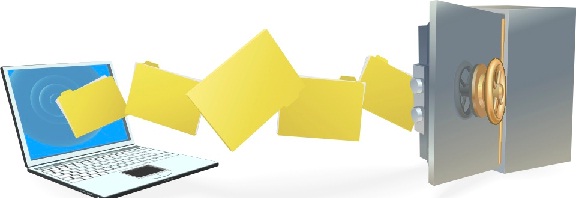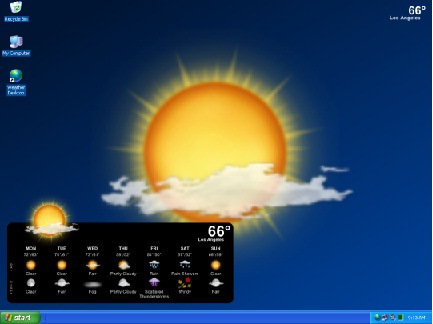Lots of big and small companies have switched from a physical storehouse to digital ones in the virtual world, to protect crucial financial transactions. Documents in the written form are not entirely non-destructible, so, this is where the concept of a digitally encrypted online locker comes in.
You may have heard of public cloud storage services like Dropbox that help store all your documents online, especially in office settings. Similarly, these online storehouses digitally encrypt your data. The only difference is that this time the data is in the form of documents, which are used in financial transactions.
What is a Virtual Data Room or VDR?
It is an online storehouse of information in the form of documents related to a company’s mergers, acquisitions, loan records and even decisions taken during financial dealings with other companies. So, as a future investor, you could access these documents to take investment-related decisions easily.
- A Virtual Data Room Is Making for Easier Online Business
- EthosData – The Global Provider of Virtual Data Room and Confidential Document Sharing Services
So Who Uses Those?
Both the companies as well as clients who bid, and advisers in a business deal, are given access to these documents in such a virtual room. The room makes it digitally conducive for safekeeping of documents. All they need is a username and password to login. The access is limited to a few, and can be customized as per a user’s requirements. For example if you want to increase data security, then you have options of limiting user controls to read documents, copy them and print documents. In addition, you could
A virtual data room or VDR completes all financial functions in a way that ensures all statistics and figures in business deals are precise. This kind of precision is crucial during a merger or an acquisition, lest you as an investor end up paying more than required or as a seller, if you under sell your company stocks. So, if you own a company and want to invest in another company, all your financial transactions will depend on the quality of information given to you by the latter company. This digital locker is used by companies to store all financial data.
Who uses VDR?
- Investors
Most investment companies, including banks, manage their finances and various interactions to deal with many groups together. VDR provides such lockers for every client separately.
- Venture capitalists
These organizations raise money for business, deals and other financial spheres through these digital rooms, especially if they want to acquire or sell companies.
- Public, private firms, account & law firms
The virtual data rooms help such firms to remotely access all types of accounting data, legal records, and buying and selling information. People can modify records, store huge chunks of information bytes that include statistics. If you have your company branch spread across the country or in different locations, then this kind of remote access cuts down storage and courier costs, including that of travelling across borders.
Virtual data rooms – Pros & Cons
There are various providers who let you store your data and conduct financial dealings effectively and privately with the companies you are dealing with. There are various advantages of using these digital locker rooms online. While there are many legal associates who still take the traditional route by insisting on checking documents physically, there are others who have decided to break these conventions. They have created accounts in virtual data rooms to interact with clients.
Attorneys who have specialized in mergers and acquisitions say that they are far more comfortable with the online medium since it is cheaper and faster than earlier. As an investor, you could interact and network with more clients, get accurate information on them. In addition, you could exchange data more securely without other companies coming to know about your bids. If you are exhausted at some point of time or don’t have time to verify a transaction, you could just open it on your laptop when you are travelling or probably at a more convenient time that suits you.
Older, experienced financiers still prefer the old-fashioned method of verifying data in print. They say that one could miss out on the finer details and loopholes of any financial deal. The reason that I have been given by my older attorney friends is that while staring at the computer screen for many hours may trigger a tendency to ignore details or just leave out vital points. They look down upon the latest digital storage technology, saying it can be risky while making long-term or even short-term commitments towards a company.
So, critics of VDR think that digitalizing of sensitive financial information is not that perfect a solution to conducting business transactions with extreme accuracy, notwithstanding the hacking and digital leaks these days.
Pros
- Cheap and fast
- Simultaneous, unlimited interactions with companies
- Better control over information that a potential investor will use for an M&A (mergers and acquisition)
- No need for printouts and physical indexing of companies
- Lesser data errors, higher accuracy levels
- Accessibility on-the-go
- Virtual Data Room making online business easier
Cons
- Accidental information or data leak
- Unpredictable system crashes
- Information about a company listed online may be discrepant in terms of its stocks and data records in the virtual world.
There are always two sides of a coin and all technologies. Where there are pros, there will be cons as well. It still depends on the size of the company you own, stock size and amount of information you have on all potential clients and business partners. The digital locker has helped cut down barriers and shrink the physical world, opening up new business horizons. So go for it!



